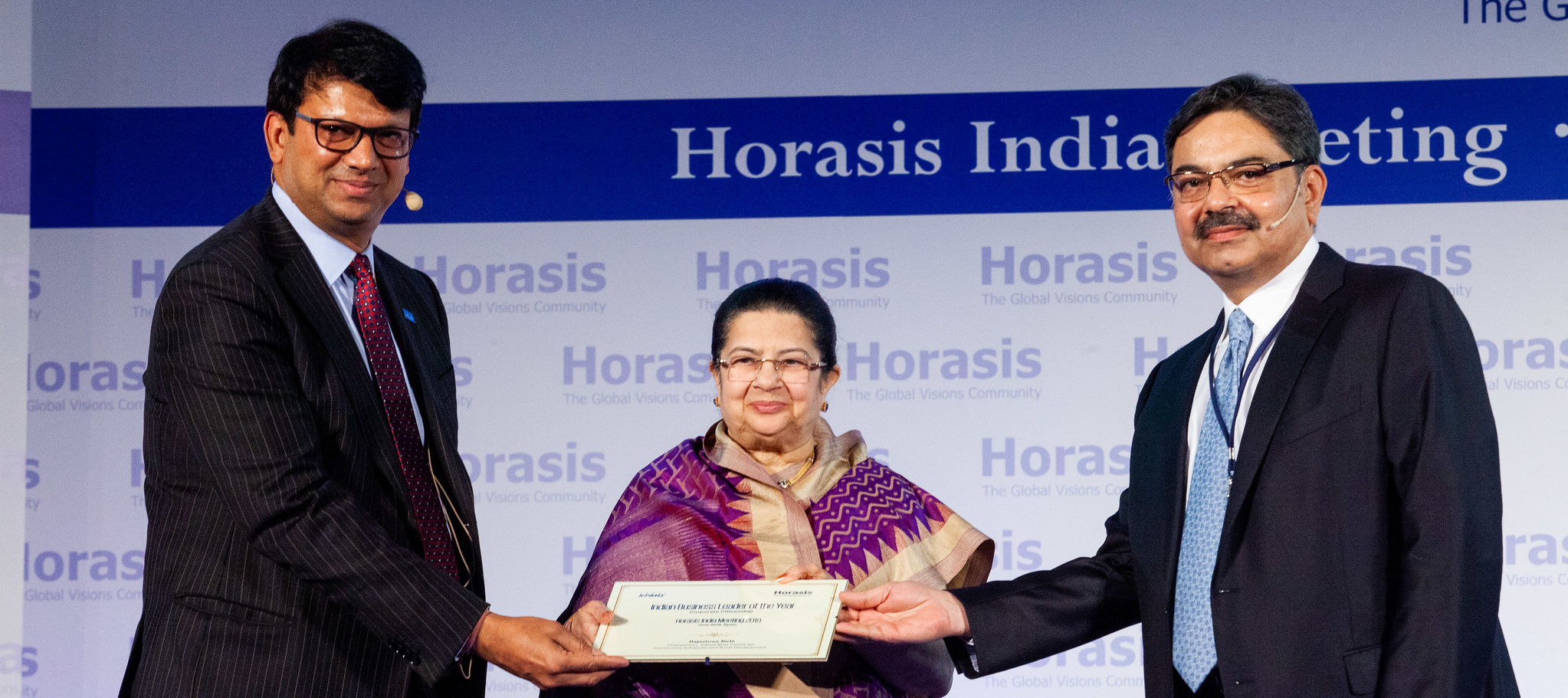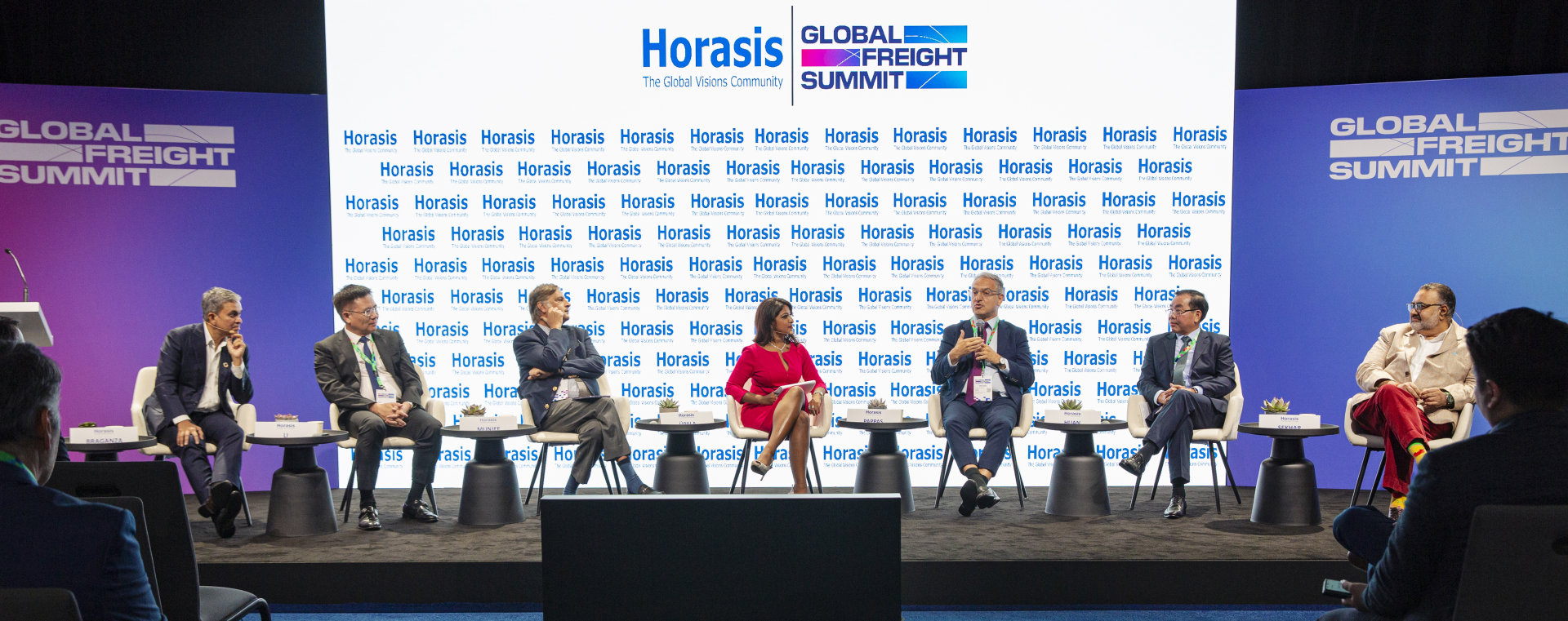Values-Based Investing Underpins Meaningful Impact Investments
The Impact Investing for a Sustainable Future panel held during the Horasis Global Meeting in Gaziantep, Türkiye this October 2023 centred around values-based investing and furthering conscious leadership as a strategy to empower investors to move significant impact capital.
The panel was seated by leading impact investment professionals and founders who found that in order to further “catalytic” social impact, and tangible impact goals the investment thesis was often underpinned by a value-based investment lens that, in parallel, may shift the leadership matrix.
Many meaningful impact investments have a fundamental driver which is “intentionality”. Intentionality, in this context, involves a deliberate and focused approach toward achieving specific social and environmental objectives. Values-based investing, championed by pioneers such as Calvert Impact Capital, seeks to ensure that investments align with ethical principles, elevating the investments to more than mere financial assets. It is a lens that empowers investors to address complex global challenges while adhering to their values, as seen in the pioneering work of panellist Ville Korpela, Co-Founder, Impact Innovation Institute, Finland. Korpela, also a global expert in public policy, emerging markets, and investment promotion remarks, that: “We need to place intentionality at the forefront of our asset allocation strategies if we are serious about co-creating a sustainable future for the generations to come. Only through clear intent can we mobilize the capital and collaborators necessary to build vibrant ecosystems for the industries of the future. The tools we use shape us so we should shape the tools we use to allocate capital. This is the way to true impact.”

Echoed by Korpela was Rob Garrett, Co-Founder & Managing Partner, Hezar Ventures, Singapore who contextualised his impact lens, “impact investing is about regeneration; putting more back into the earth than you take out; also, equalizing the matrix of who is making the decisions”. Hezar Ventures supports companies that are making a positive impact on the world, through an environmental, social or technological innovation. It primarily focuses on bridging emerging economies and sectors with developed markets investors and companies.
The panel tilted toward showcasing that values-based investing is able to influence stakeholders not only to set the standard for impactful investments, but also to inspire a broader audience to engage in investments that create meaningful and lasting change on a global scale. The panel also dissected various impact terms and how they differed in practice.
Ilkay Demirdag, a leading Impact and Investment professional from Türkiye discussed the three key principles when defining impact investing: a financial return, with intentional social or environmental benefits, that strives to measure these impacts. Demirdag outlined how impact investing differs from ESG (Environmental, Social, and Governance) investing, as she viewed ESG as a framework subject to financial scrutiny, whereas impact investing a holistic strategy that equally prioritizes financial, social, and environmental outcomes.

Ilkay Demirdag
Additionally, she furthered the discussion to touch on that while ESG can be either risk-mitigating or an opportunity, impact investing serves both purposes. And finally, that notably, all impact funds adhere to ESG standards, but not all ESG funds qualify as impact investments. Demirdag and others on the panel agreed that the difference not only facilitates better-informed conversations but helps channel funds appropriately and further amplifies the progress of the sectors toward achieving the audacious Sustainable Development Goals (SDGs) by 2030.
Isabel Jiménez, Chairwoman, MVD Invest Group, Monaco, an experienced entrepreneur with proven track record in Europe and the Americas, and an award-wining public speaker on Internationalization, Entrepreneurship and Women’s Empowerment shed light on the fact shareholder capitalism is still prevalent over more newer models of stakeholder capitalism and mind-set shifts through conscious leadership may be helpful.
The remark that garnered significant attention posits that relying on consumers alone to steer climate-conscious consumption decisions is impractical. This assertion holds particularly true for the Global South, where affordability takes precedence as the foremost determinant of consumption patterns. To address this challenge, Anthony Doeh, a Partner a Princeville Capital – an investment firm based between Berlin & Abu Dhabi that is backing growth stage technology companies around the world that manages AUM of >$2bn across two fund strategies (Princeville Global & Princeville Climate Tech) mentioned that the implementation of innovative technologies becomes imperative in order to offer cost-effective solutions that can be effectively scaled internationally, starting from developed markets and extending to the Global South.

Anthony Doeh
Riccarda Zezza, Chief Executive Officer, Lifeed, Italy a founder of the EdTech company LIFEED that works with companies to redefine and leverage life transitions as periods of intense, valuable learning and professional growth mentioned that: “When we talk about investing in impact, we spend the majority of this in repairing problems that have been created by humans.” Zezza spoke about her experience on receiving and seeking impact capital and that the business case for “innovation capital” requires long-term strategic capital.
The panel closed with all speakers touching on a paradigm shift through conscious leadership. Conscious leadership in impact investing represents a fundamental paradigm shift needed to advance the industry. This mindset underscores the importance of leaders possessing a deep commitment to both financial returns and the broader social and environmental score of their investments with proactive engagement with stakeholders and the intentional alignment of investment strategies with ethical and sustainable objectives. The panel found that conscious leaders in the impact space are catalysts for change, driving a holistic approach that places purpose alongside profit, helping the industry make meaningful contributions — addressing the world’s pressing challenges for a sustainable future.
A mindset shift may ultimately lead to more responsible and sustainable investment practices, fostering positive change on a global scale.
By Nisaa Jetha, Global Impact Strategist, Impact-for-SDGs, London, UK



